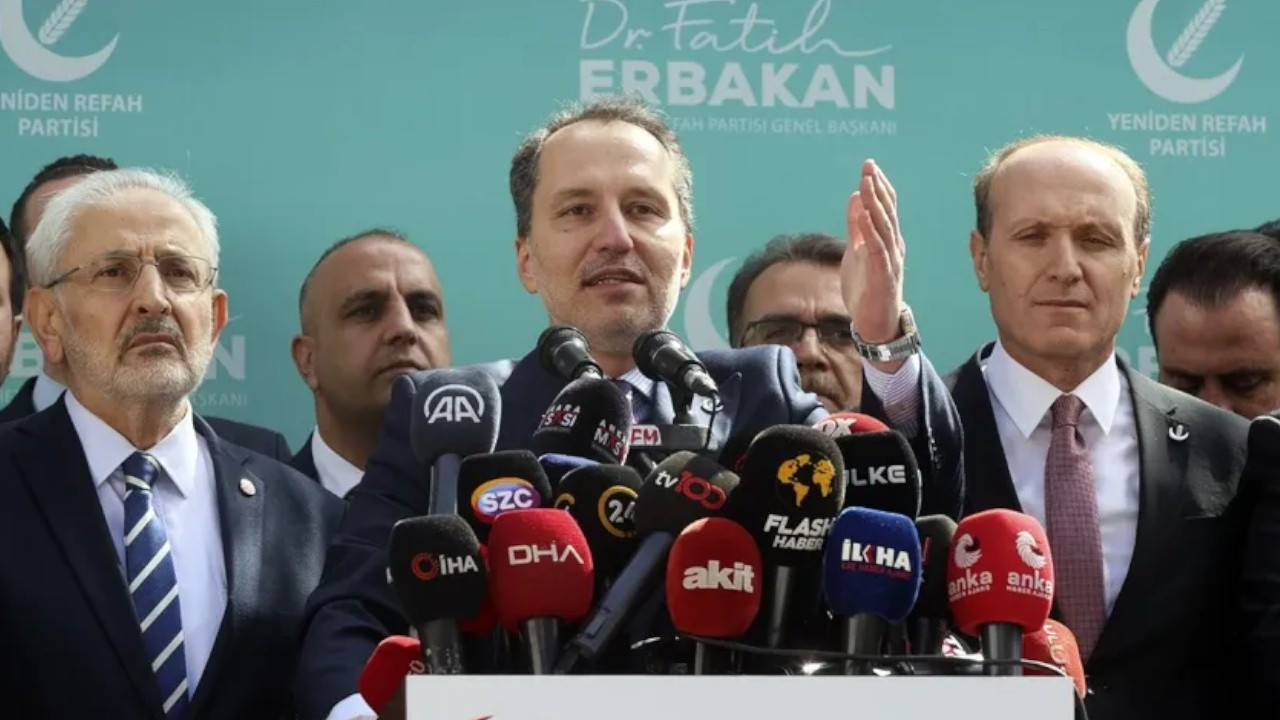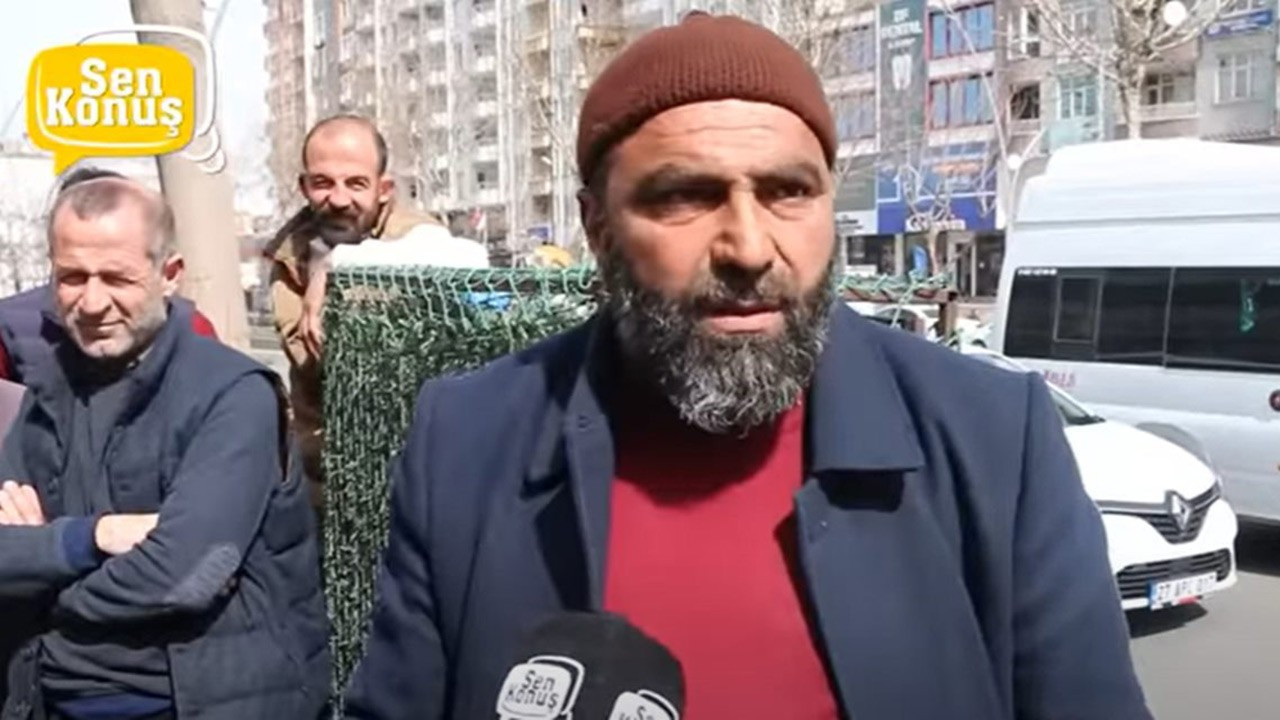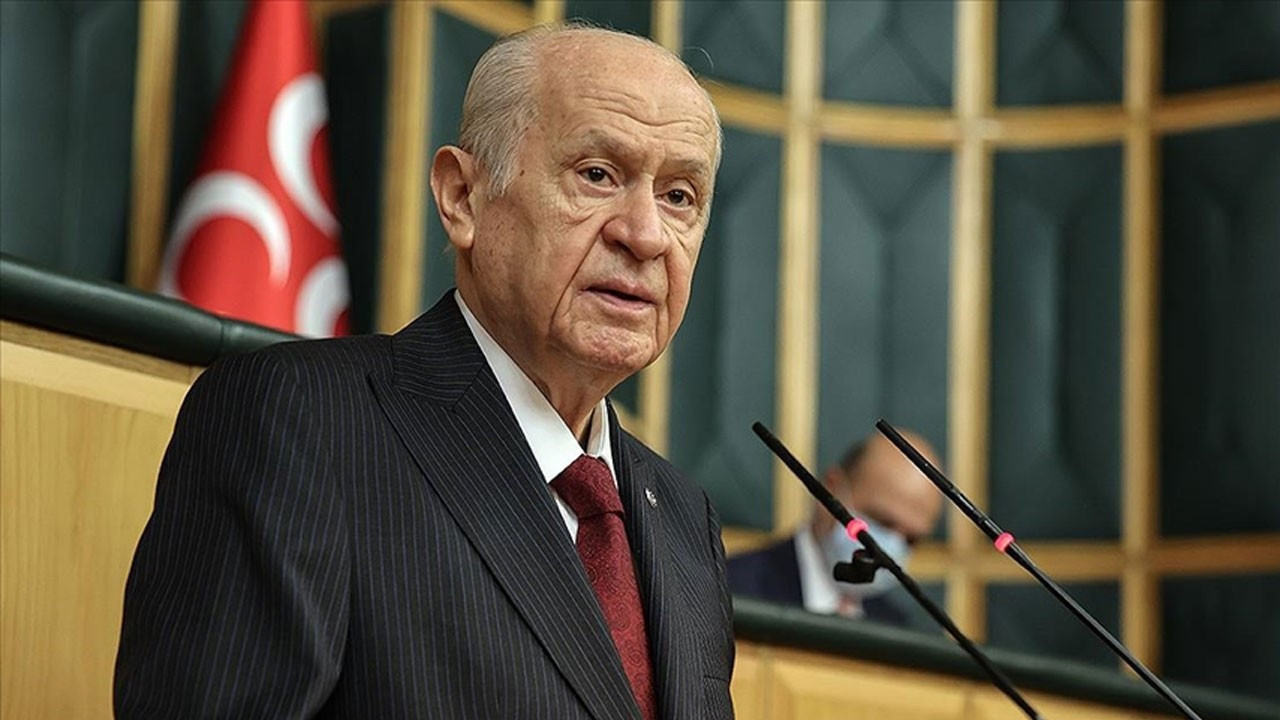Turkish court bans news reports on Hizbullah upon request of radical Islamist party HÜDA-PAR
A Turkish court has banned the news reports of famous journalists İsmail Saymaz and Fatih Altaylı regarding the terrorist organization Hizbullah upon the request of the radical Islamist Free Cause Party (HÜDAPAR). The party has recently thrown its support behind the ruling Justice and Development Party (AKP).
Duvar English
Journalist Fatih Altaylı announced that an Istanbul court blocked access to his article on İsmail Cevher Kasımoğlu, who threatened the political opposition in an interview in the eastern Batman province by saying “We will behead them,” upon the request of radical Islamist Free Cause Party (HÜDA-PAR) on March 31. In the interview in question, Kasımoğlu stated that he is affiliated with the terrorist organization Hizbullah.
Altaylı reacted against the decision on his Twitter account by saying: "Upon the request of HÜDA-PAR, the Istanbul 8th Criminal Judgeship of Peace imposed an access ban on my article calling on the Interior and Justice Ministries to take necessary measures. This is the current condition of freedom of the press."
Batman’da yapılan bir sokak röportajında muhalifleri ölümle tehdit eden kişi hakkında içişleri ve adalet bakanlıklarını gereğini yapmaya davet eden yazıma HÜDAPAR ın talebi üzerine İstanbul 8. Sulh Ceza hakimliğinin kararı ile erişim yasağı getirildi. Basın özgürlüğü bu herhalde
— Fatih Altayli 🔴🇹🇷 (@fatihaltayli) March 31, 2023
Also, again at the request of HÜDA-PAR, the same court banned journalist İsmail Saymaz's interview with Mehmet Genç, the older brother of Muslim feminist Konca Kuriş who was murdered by Hizbullah.
Saymaz spotlighted the death of Kuriş in his article. She was an Islamist feminist writer and was abducted by Hizbullah in 1998 and tortured for 38 days. Her dead body was found buried 555 days after her disappearance.
In the interview, Kuriş’s brother stated that they know very well HÜDA-PAR's affiliation with Hizbullah and were shocked by the recent alliance between the ruling Justice and Development Party (AKP) and the HÜDA-PAR for the upcoming general elections.
“I would not be surprised if articles about Hizbullah will be also blocked tomorrow," Saymaz wrote on his social media account on March 31.
Hizbullah tarafından katledilen Konca Kuriş’in ağabeyi Mehmet Genç’le yaptığım söyleşiyi içeren köşe yazım hakkında Hüda Par’ın başvurusu üzerine erişime engelleme kararı alındı.
— İsmail Saymaz (@ismailsaymaz) March 31, 2023
Yarın Hizbullah hakkındaki yazılar da engellenirse hiç şaşırmam. https://t.co/9ZARtILRTw
During the conflict between the Turkish security forces and the Kurdistan Workers' Party (PKK) in the southeastern region of Turkey in the late 1980s and early 1990s, Hizbullah killed many people, mainly Kurds.
After a confrontation with the police in Istanbul in 2000, Hizbullah adopted a more discreet approach and changed its tactics to avoid detection. However, it has been quietly reorganizing itself through various foundations, associations, and other entities. In December 2012, some of its members formed the HÜDA-PAR with the government's support, which allowed the party to enter politics.

 Islamist New Welfare Party decides to join ruling coalition after chairman's meeting with ErdoğanPolitics
Islamist New Welfare Party decides to join ruling coalition after chairman's meeting with ErdoğanPolitics Turkish court releases Islamist man who threatened political opponents with 'beheading'Domestic
Turkish court releases Islamist man who threatened political opponents with 'beheading'Domestic Erdoğan ally claims fundamentalist Islamist HÜDA-PAR has no links to HizbullahPolitics
Erdoğan ally claims fundamentalist Islamist HÜDA-PAR has no links to HizbullahPolitics